What are Iraq’s Economic Policies? A Comprehensive Guide to the Current Landscape and Future Directions
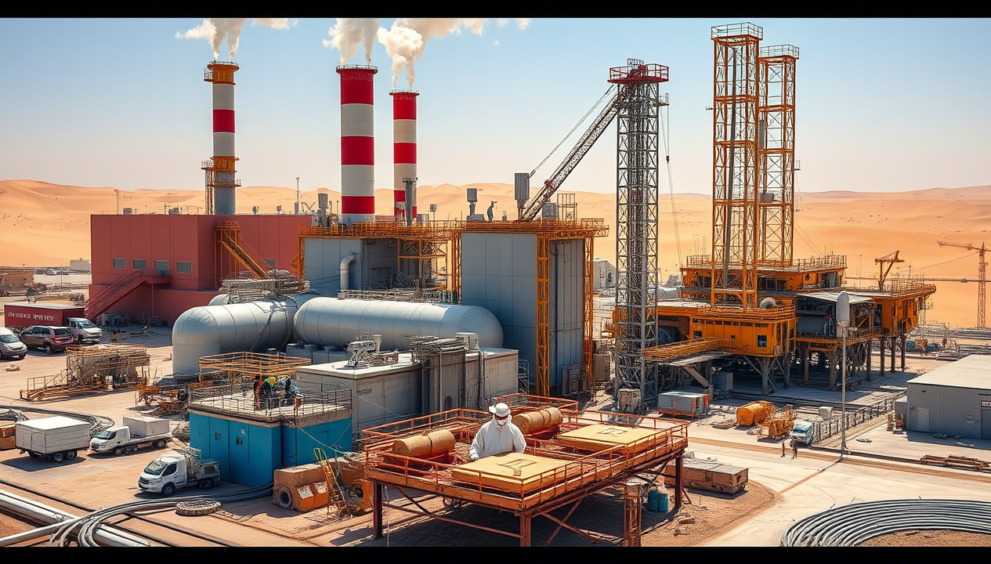
What are Iraq’s Economic Policies?
Introduction
Iraq, a country rich in history and natural resources, has long been at the crossroads of geopolitical and economic transformations. Following decades of conflict, sanctions, and economic turmoil, Iraq is now focusing on rebuilding and diversifying its economy. The nation’s economic policies are crucial in this process, aiming to stabilize the financial landscape, attract foreign investment, and improve the standard of living for its citizens. In this article, we will delve into the key economic policies of Iraq, their implementation, and their impact on the country’s development.
Overview of Iraq’s Economic Policies
Iraq’s economic policies are a blend of fiscal, monetary, and structural reforms designed to address the multifaceted challenges the country faces. These policies are influenced by both internal dynamics and external factors, including international cooperation and the global economic climate.
Fiscal Policy
Fiscal policy in Iraq is primarily centered on managing government revenue and expenditure to promote economic stability and growth. The key elements of Iraq’s fiscal policy include:
- Budget Management: Iraq’s government has been working to create more transparent and accountable budgets. The 2023 budget, for instance, prioritizes infrastructure development, healthcare, and education to foster long-term economic growth.
- Tax Reforms: Efforts to modernize the tax system and broaden the tax base are ongoing. The government aims to reduce dependency on oil revenue by implementing more efficient tax collection mechanisms and introducing new taxes.
- Subsidy Reforms: Reducing subsidies on fuel and utilities is a critical component of Iraq’s fiscal policy. The goal is to redirect these funds towards more productive sectors and social programs that benefit the broader population.
Monetary Policy
Monetary policy in Iraq is managed by the Central Bank of Iraq (CBI) and plays a vital role in maintaining price stability and managing the money supply. Key aspects of Iraq’s monetary policy include:
- Inflation Control: The CBI has been actively working to control inflation, which has historically been a significant issue in Iraq. Through measures such as adjusting interest rates and managing currency reserves, the CBI aims to keep inflation at manageable levels.
- Currency Management: Stabilizing the Iraqi Dinar (IQD) is a priority. The CBI has implemented various interventions to maintain the value of the currency and reduce volatility, which is essential for attracting foreign investment.
- Financial Sector Reforms: Improving the financial sector is crucial for economic growth. The CBI has been working on reforming the banking system, enhancing regulatory frameworks, and promoting financial inclusion to ensure a more robust and resilient financial sector.
Structural Reforms
Structural reforms are aimed at transforming Iraq’s economic structure to reduce dependency on oil and promote diversification. These reforms include:
- Privatization: The government has initiated a program to privatize state-owned enterprises (SOEs) to increase efficiency and attract private investment. This process is expected to create new business opportunities and stimulate economic activity.
- Investment Incentives: To attract foreign direct investment (FDI), Iraq has introduced various incentives, including tax breaks, streamlined bureaucratic processes, and improved legal frameworks. The government is also focusing on sectors like agriculture, manufacturing, and technology to diversify the economy.
- Education and Skills Development: Enhancing the skills of the workforce is a long-term strategy to improve productivity and competitiveness. The government is investing in education and vocational training programs to equip the population with the skills needed for a modern economy.
Current Economic Challenges and Opportunities
Despite the progress in implementing economic policies, Iraq faces several significant challenges:
- Dependency on Oil: Iraq’s economy is heavily reliant on oil, which accounts for over 90% of government revenue and 60% of GDP. Fluctuations in global oil prices can have a profound impact on the country’s economic stability.
- Bureaucratic Hurdles: The presence of complex and often opaque bureaucratic processes can deter investment and hinder economic development. The government is working to streamline these processes and improve transparency.
- Security Concerns: Ongoing security issues in certain regions can create uncertainty and deter investment. However, improvements in security have been noted, particularly in key economic areas.
Practical Tips for Business and Investors
For businesses and investors considering opportunities in Iraq, here are some practical tips:
- Understand the Local Market: Conduct thorough market research to understand the local economic conditions, consumer behavior, and business environment.
- Leverage Government Incentives: Take advantage of the various investment incentives and tax breaks offered by the government to reduce costs and enhance profitability.
- Build Local Partnerships: Collaborate with local businesses and stakeholders to gain insights and build a strong network. Local partnerships can be invaluable in navigating the business landscape.
- Stay Compliant: Ensure compliance with local laws and regulations. Iraq has been working to improve its legal frameworks, but it is essential to stay updated and adhere to all requirements.
- Focus on Diversified Sectors: While the oil sector is dominant, there are growing opportunities in agriculture, manufacturing, and technology. Diversifying your investment portfolio can mitigate risks and capitalize on emerging markets.
- Invest in Human Capital: The Iraqi workforce is young and increasingly educated. Investing in training and development programs can help tap into this potential and improve the quality of your workforce.
- Participate in Reforms: Engage with the government and participate in the economic reform process. Your insights and contributions can help shape policies that benefit both the country and your business.
Case Studies and Success Stories
Several initiatives and projects in Iraq highlight the positive impact of economic policies:
- Infrastructure Development: The government’s focus on infrastructure has led to the construction of new roads, bridges, and power plants. These projects not only create jobs but also improve connectivity and economic efficiency.
- Agricultural Sector: Investment in the agricultural sector has increased food production and reduced dependency on imports. For example, the introduction of modern farming techniques and irrigation systems has significantly improved crop yields.
- Technology and Innovation: The tech sector in Iraq is burgeoning, with startups and entrepreneurs driving innovation. The government’s support for tech hubs and incubators is fostering a new generation of tech-savvy businesses.
Future Directions and Projections
The future of Iraq’s economic policies is shaped by a combination of domestic priorities and international cooperation. Key future directions include:
- Continued Diversification: The government is committed to further diversifying the economy to reduce reliance on oil. This includes promoting sectors like tourism, renewable energy, and services.
- Enhanced Governance: Improving governance and reducing corruption are top priorities. The government is working with international partners to strengthen institutions and enhance transparency.
- Regional Integration: Iraq is seeking to strengthen its economic ties with neighboring countries and participate in regional economic initiatives. This can open up new markets and opportunities for trade and investment.
Conclusion
Iraq’s economic policies are a critical component of the country’s development strategy. By focusing on fiscal and monetary stability, structural reforms, and diversification, Iraq is laying the groundwork for a more resilient and prosperous economy. For businesses and investors, understanding these policies and the local economic landscape can unlock significant opportunities. Whether it’s through leveraging government incentives, investing in human capital, or participating in the economic reform process, there are numerous ways to contribute to and benefit from Iraq’s economic growth.
Key Takeaway: Iraq’s economic policies are designed to create a stable and diverse economy. Investors and businesses can capitalize on these opportunities by staying informed, building local partnerships, and focusing on sectors with high growth potential.



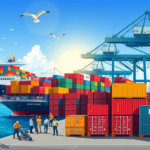
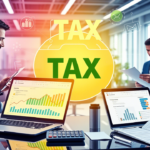
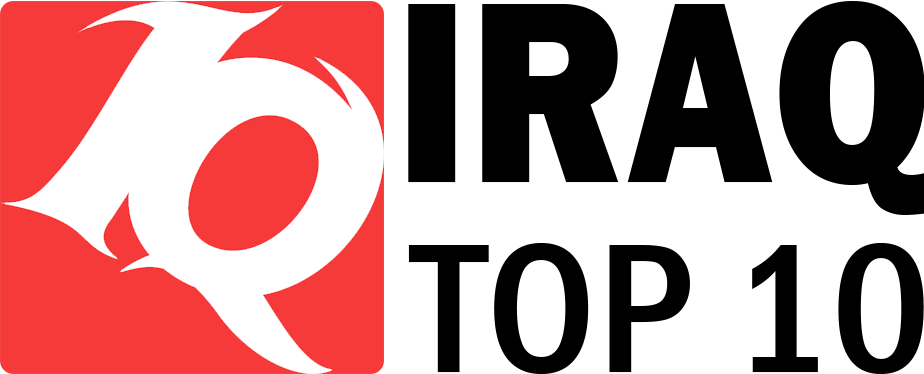



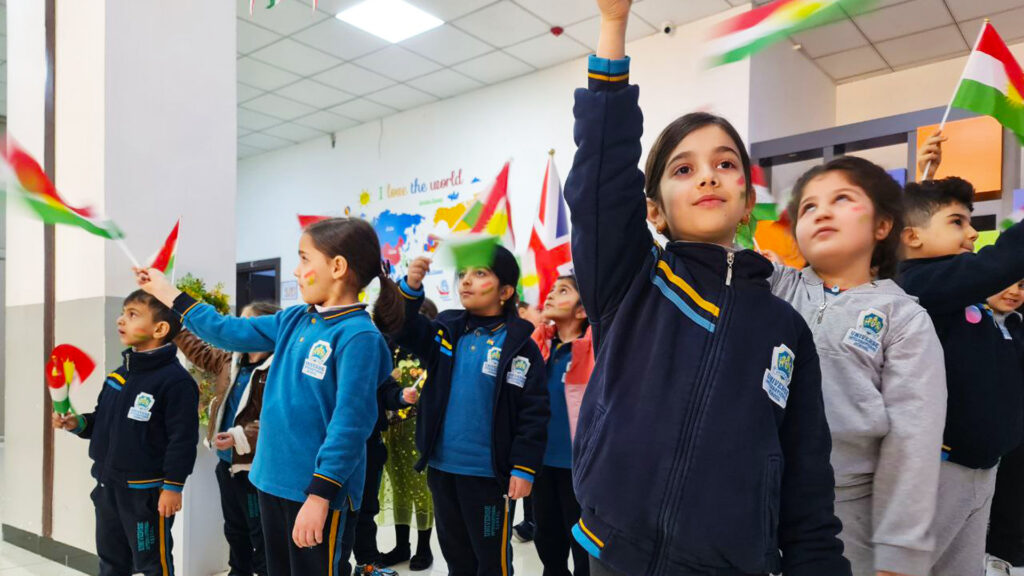

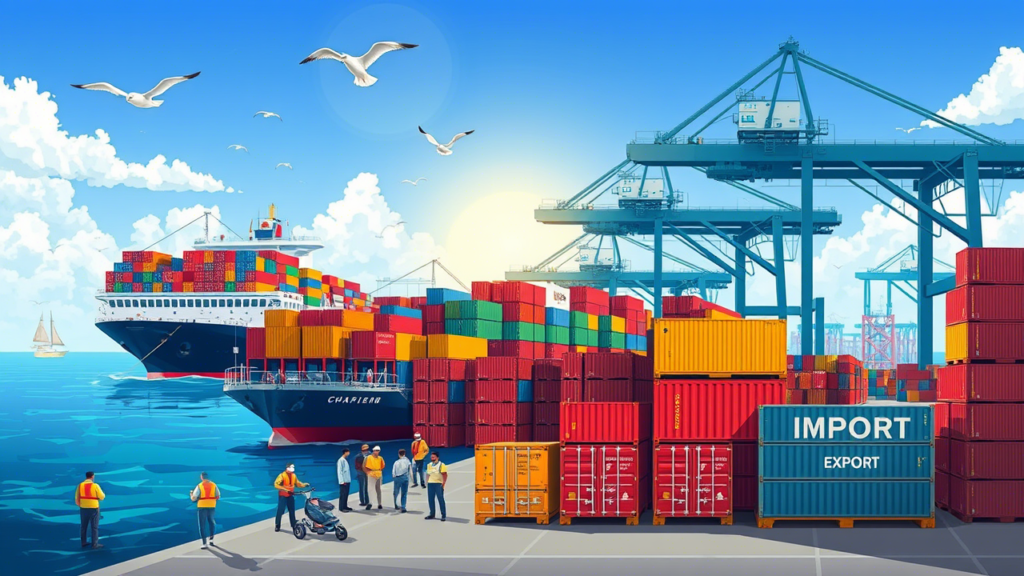
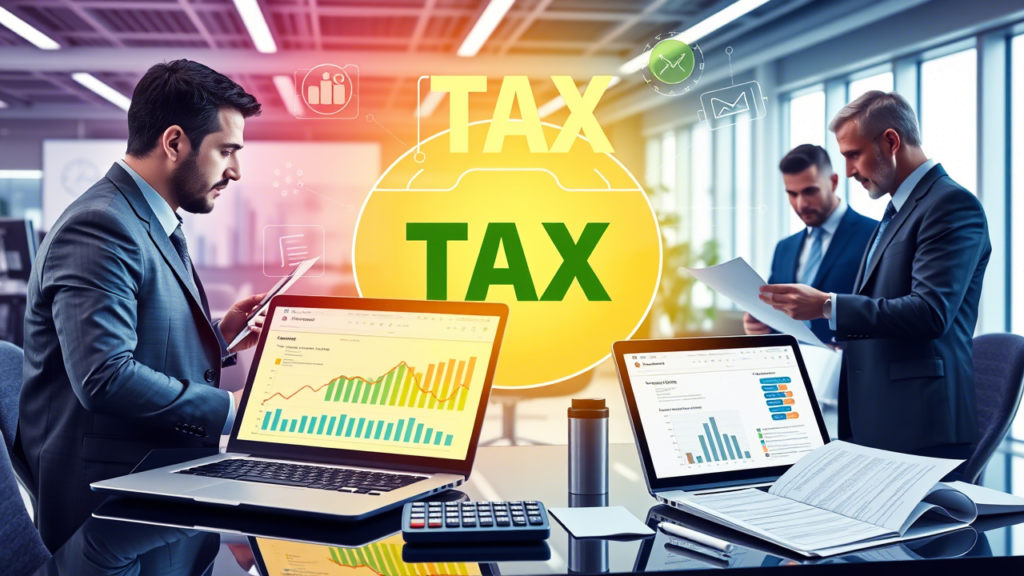

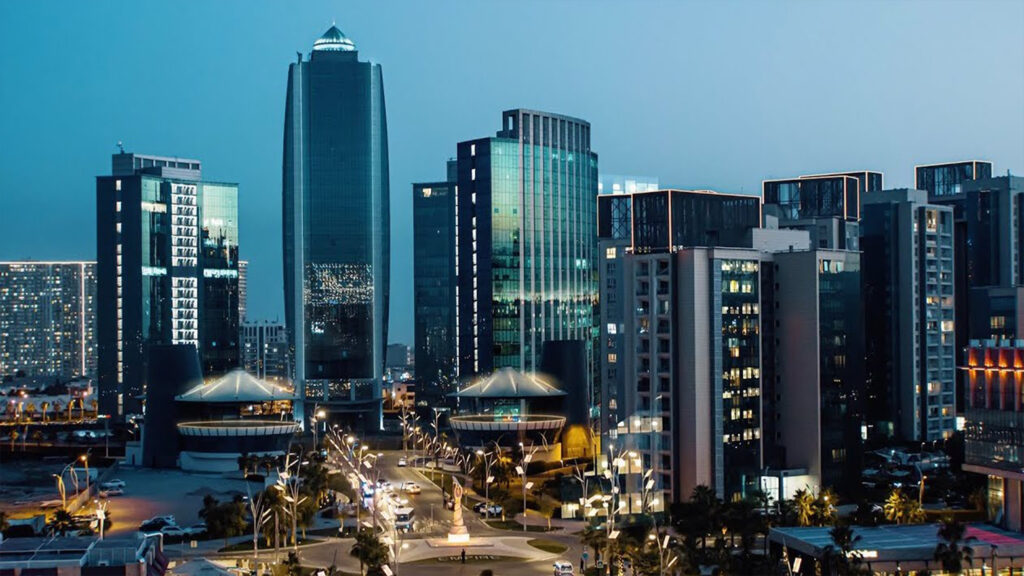
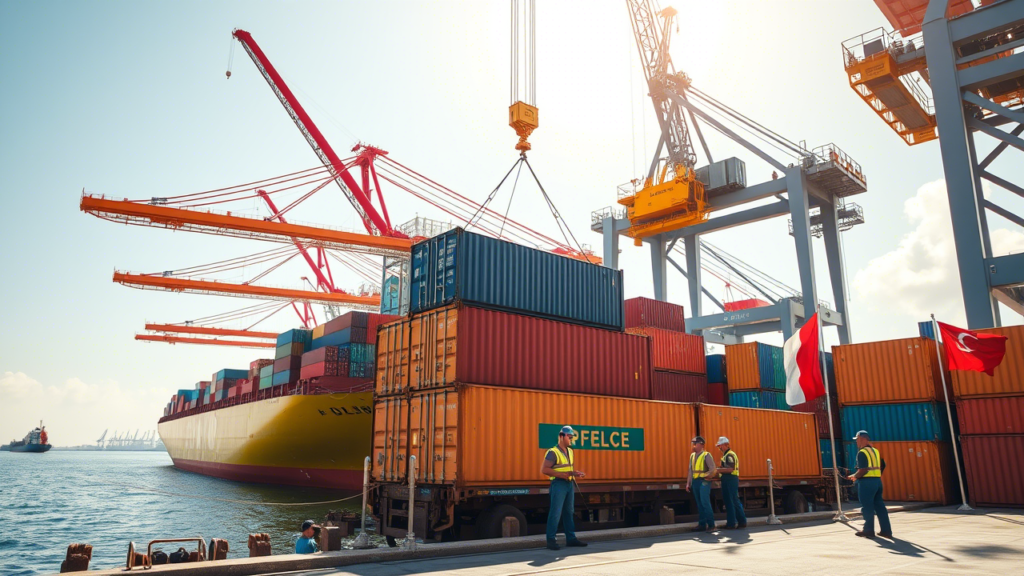
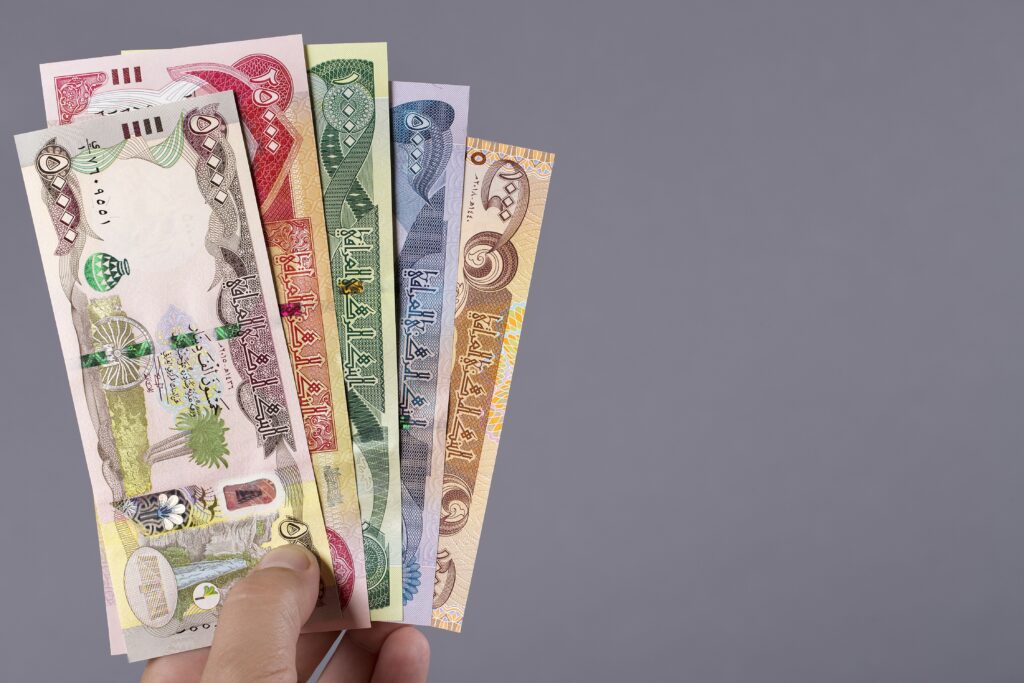
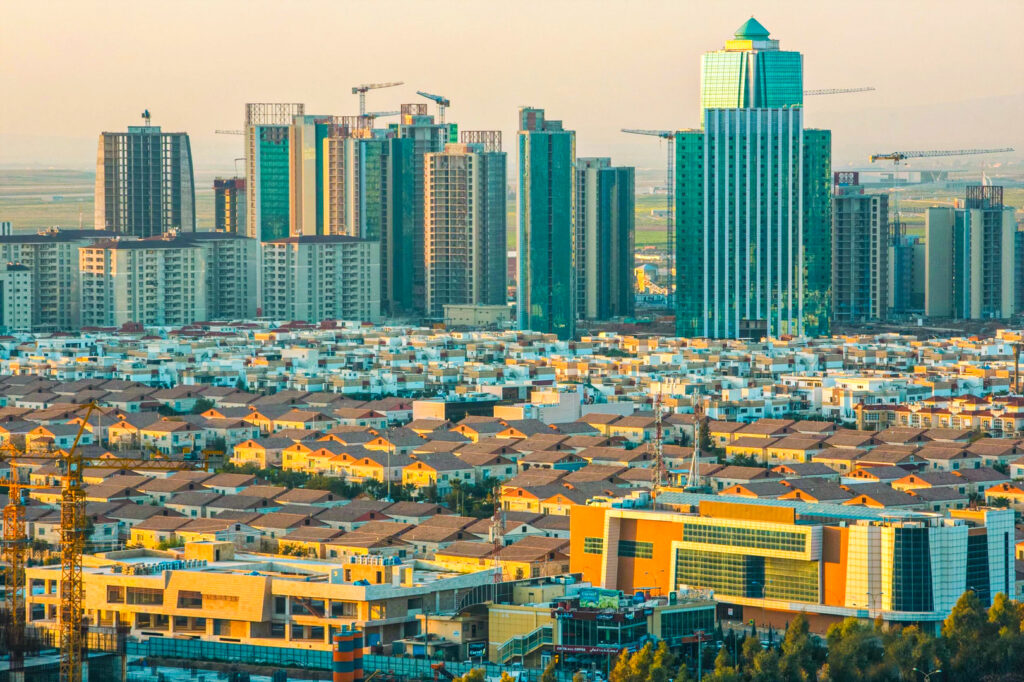


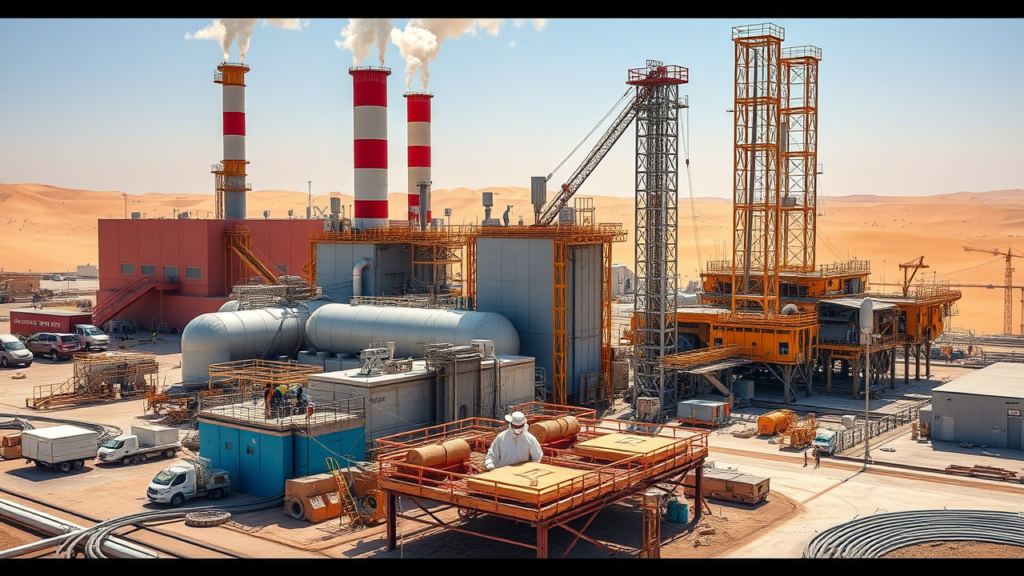
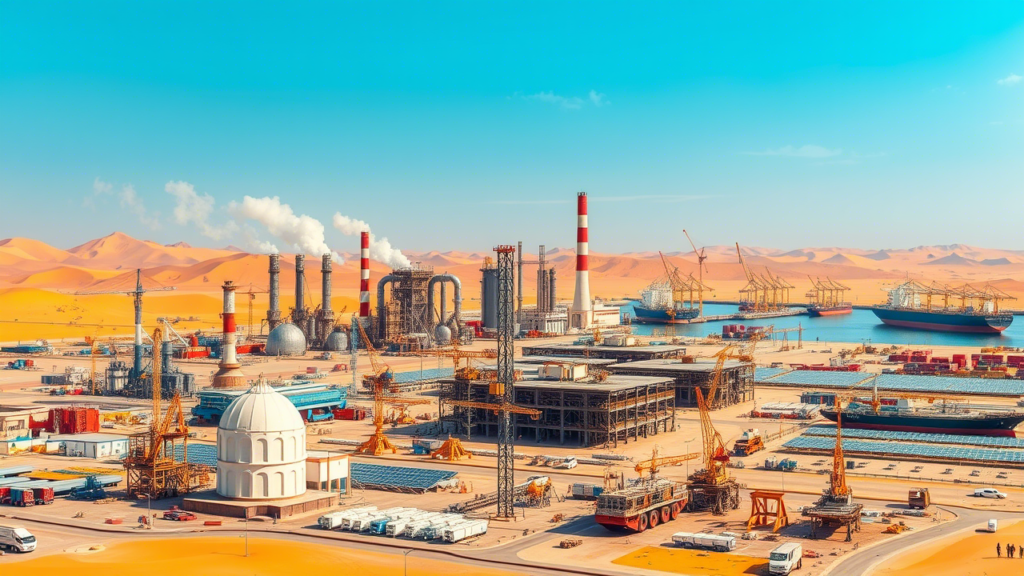
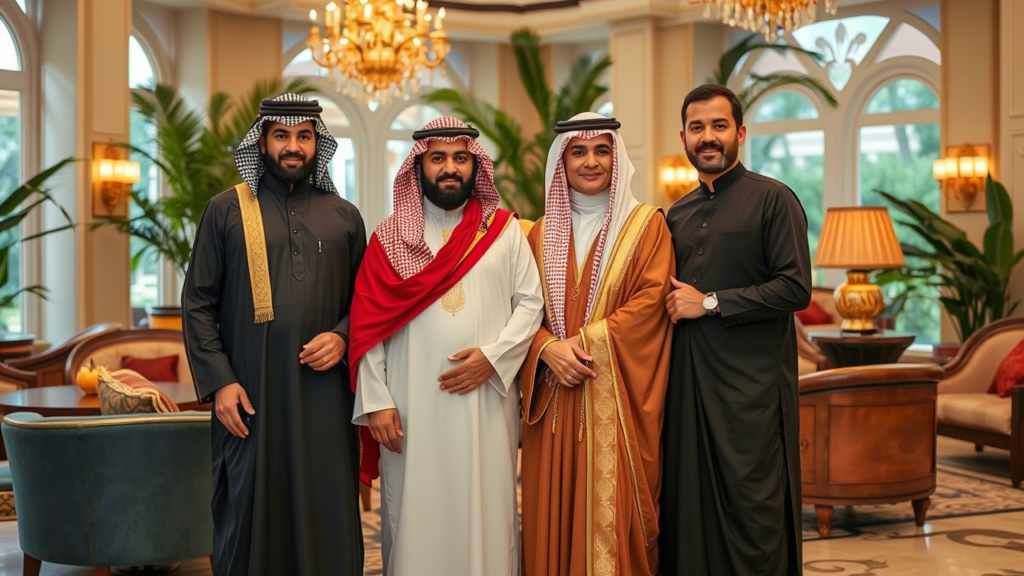







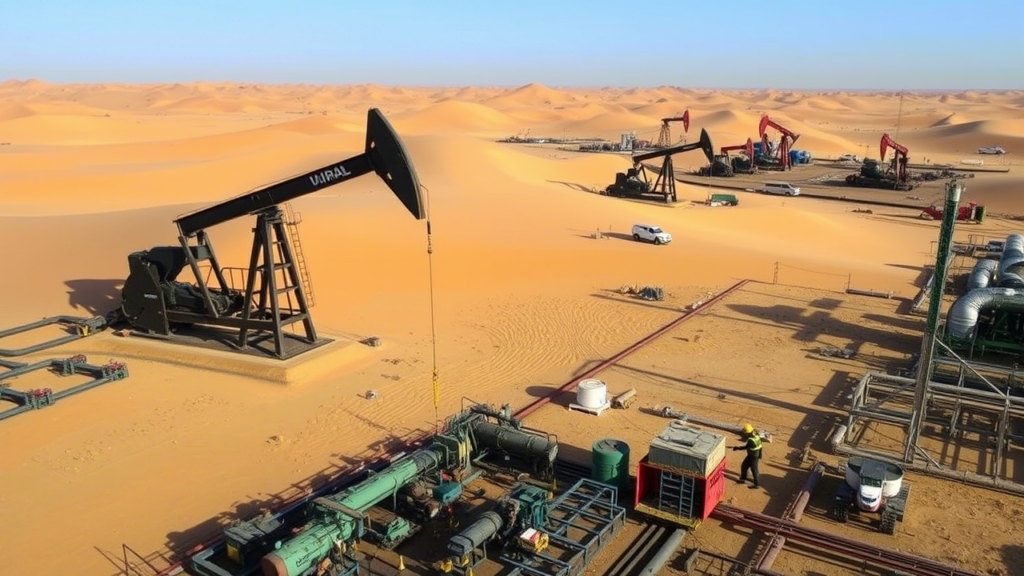
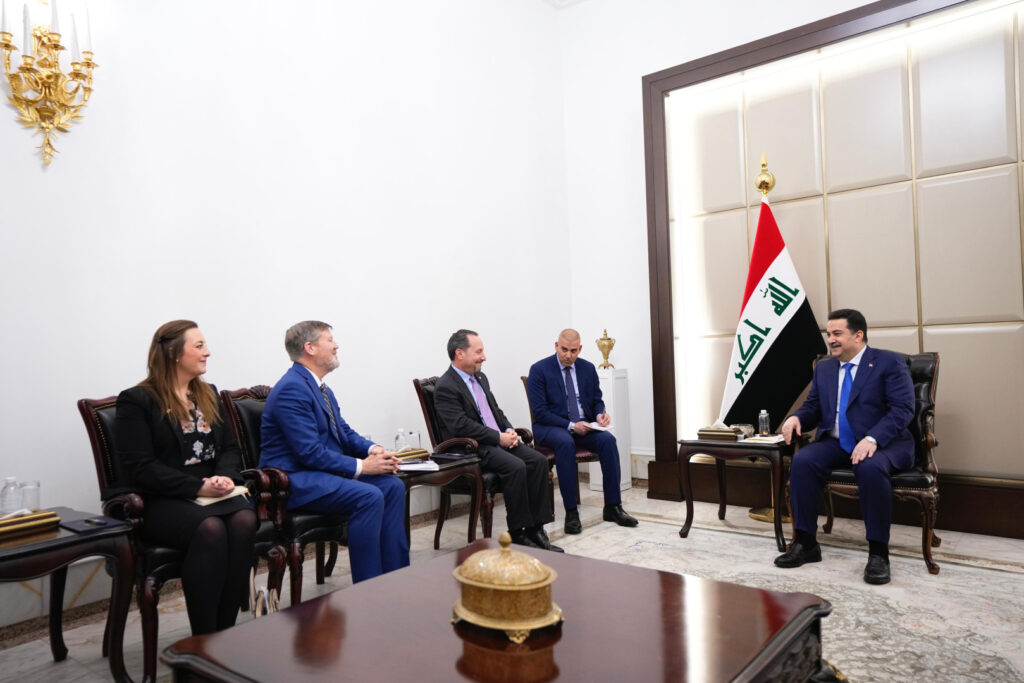
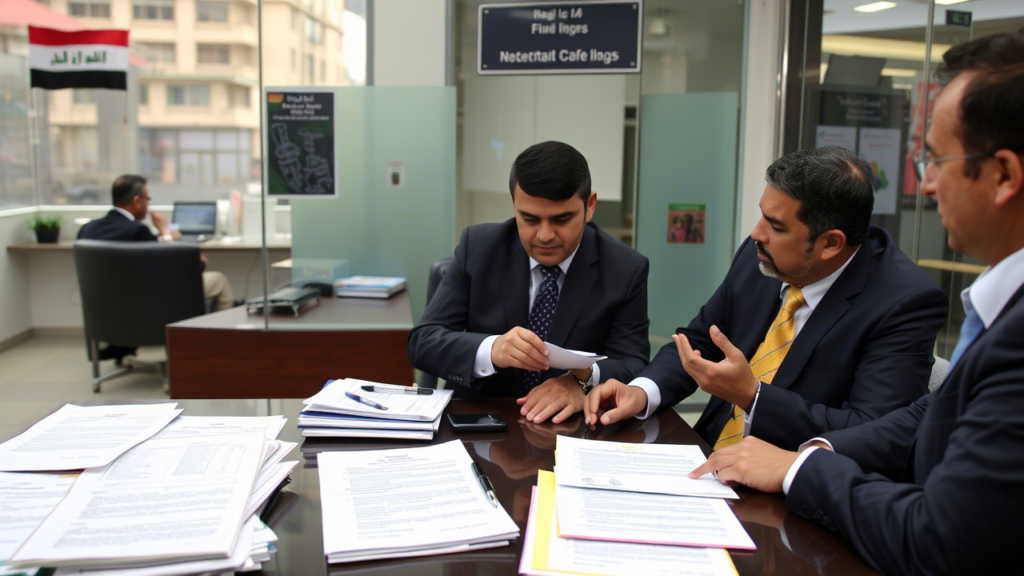
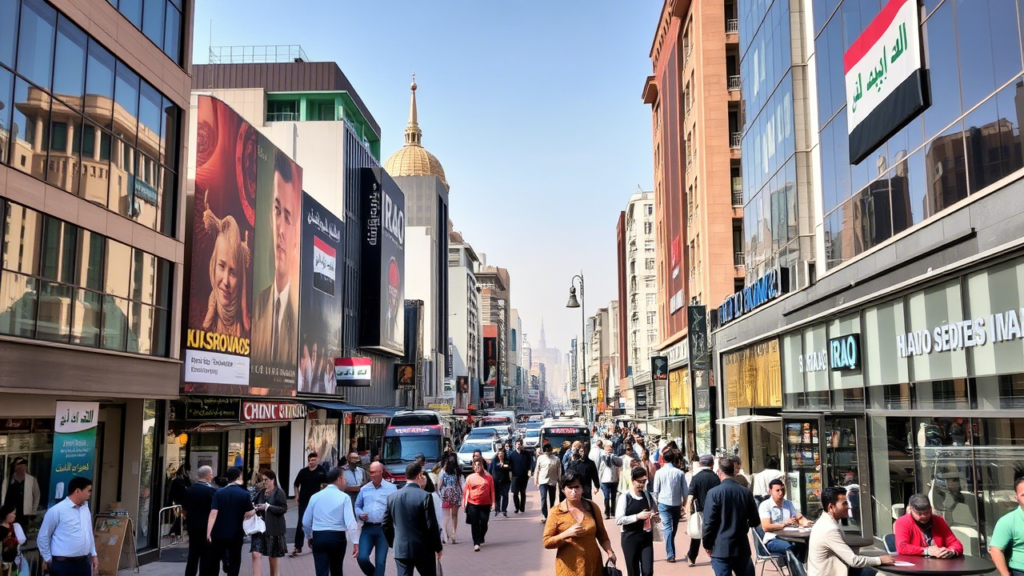
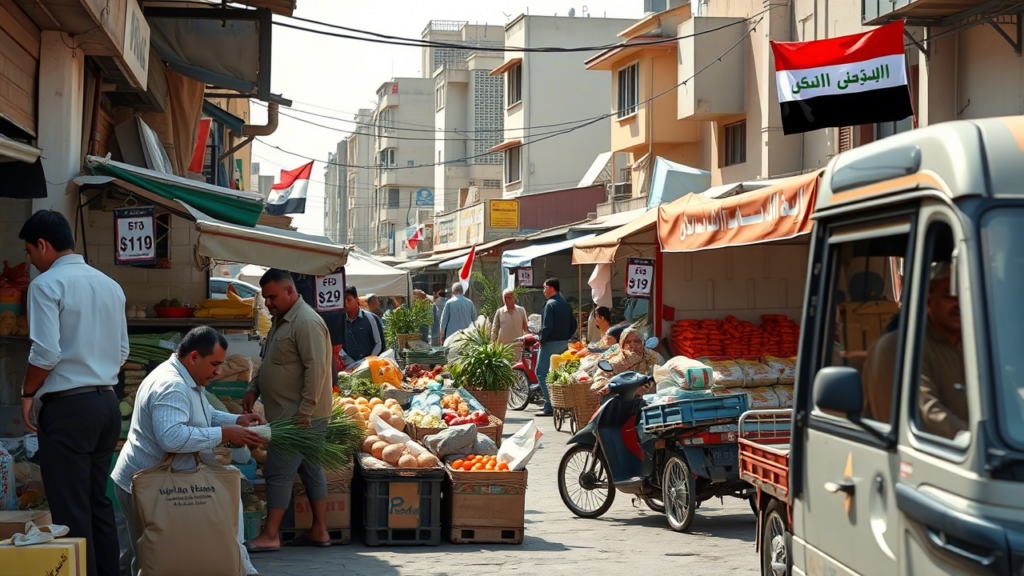
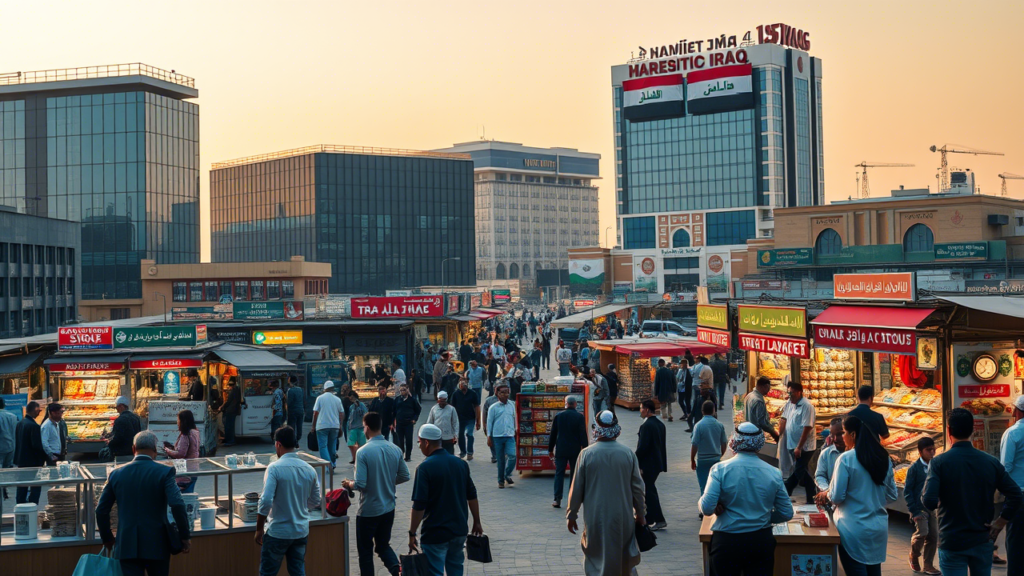

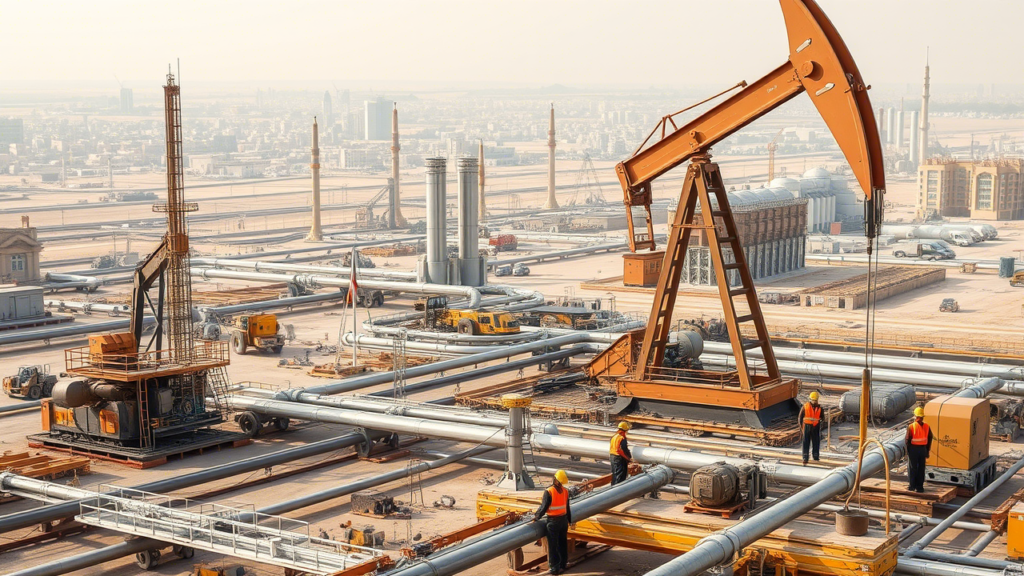
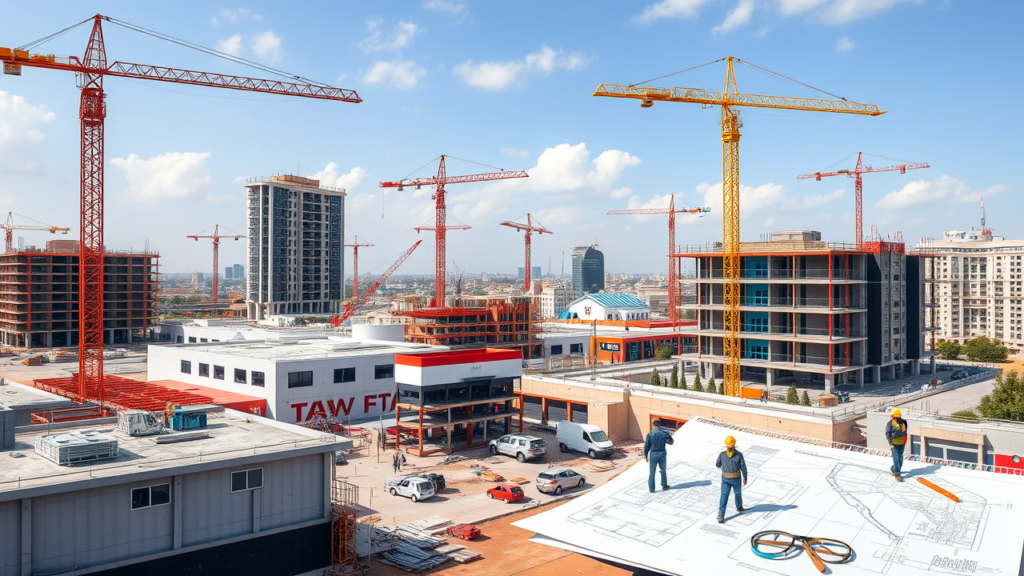
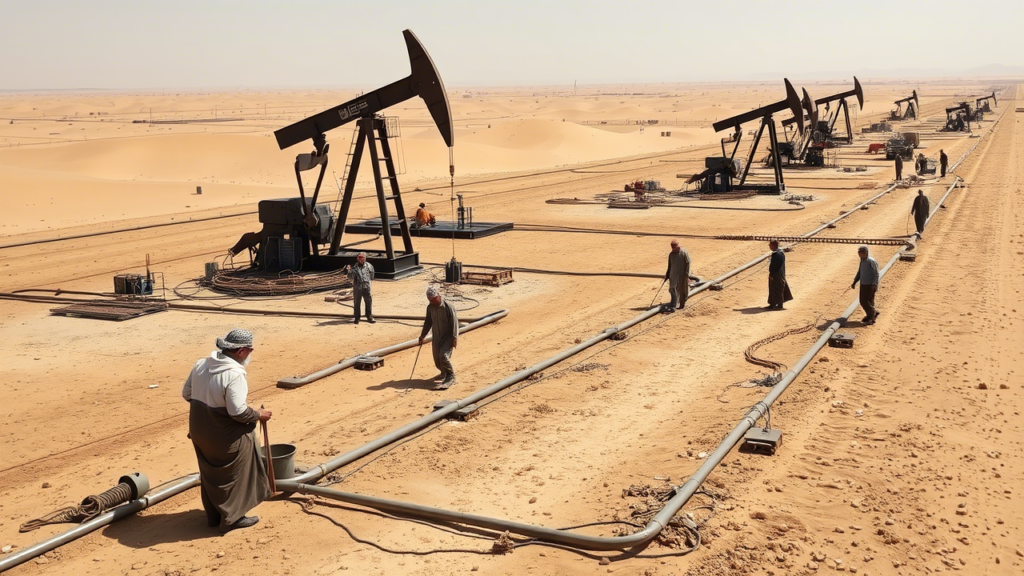




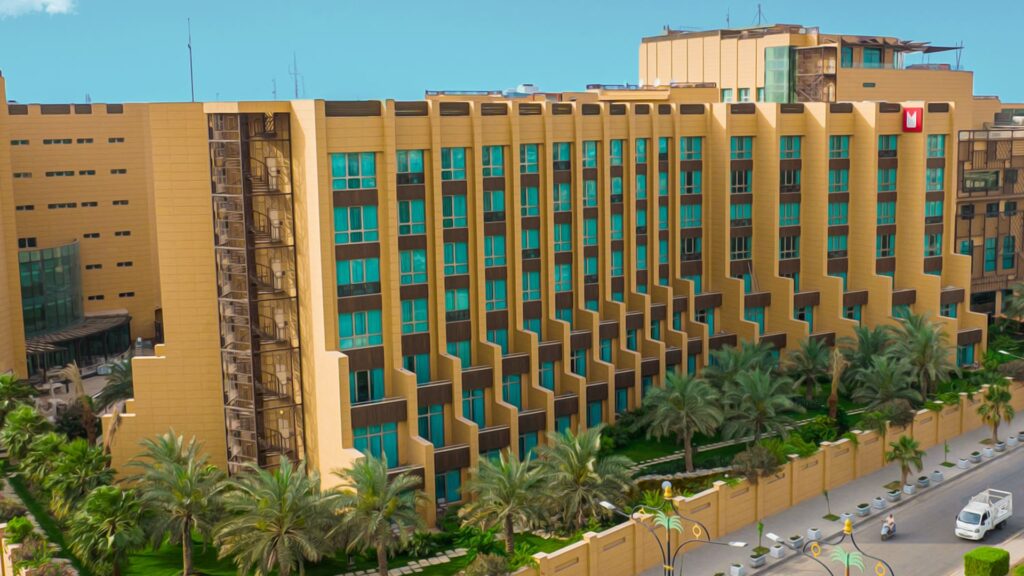
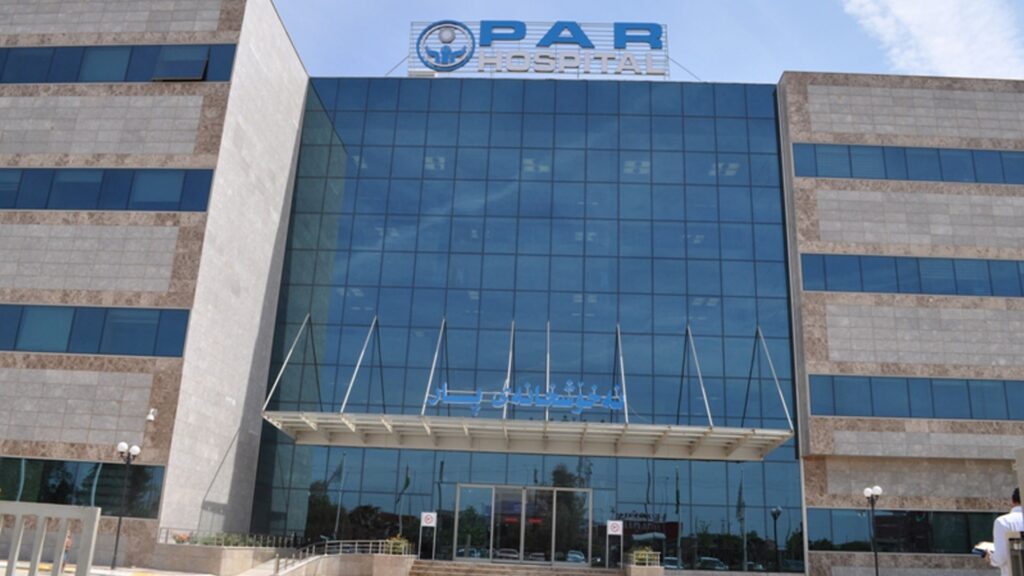




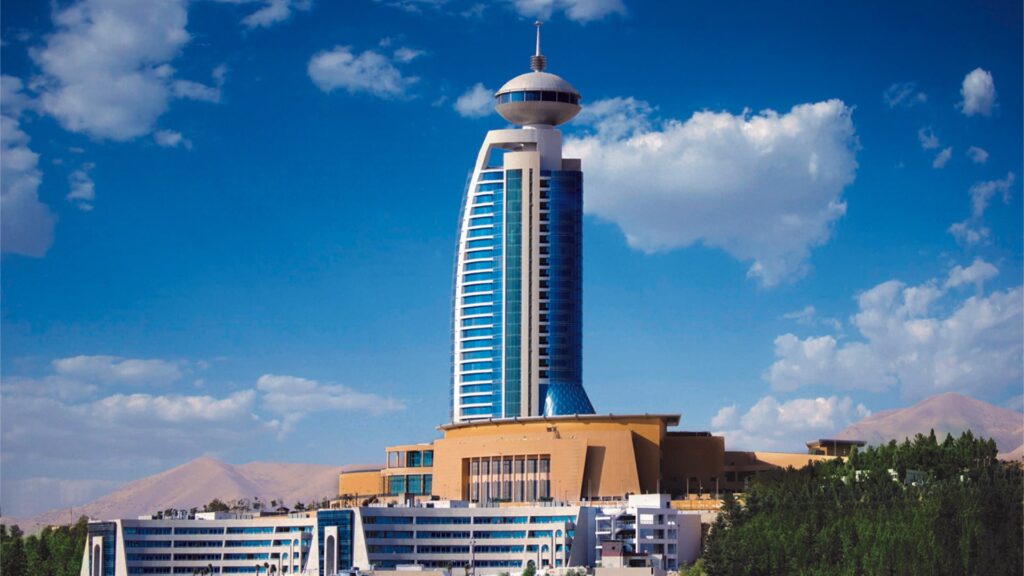





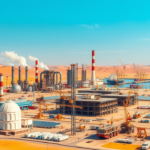

* * * Unlock Free Spins Today * * * hs=a8228bb2ea798227dc2002aca6e740bb* ххх*
03rd May 2025Your comment is awaiting moderation.
rx9wfd